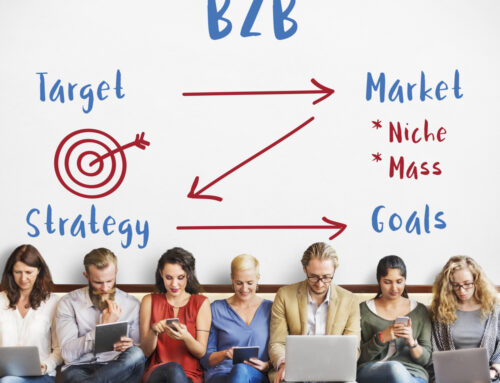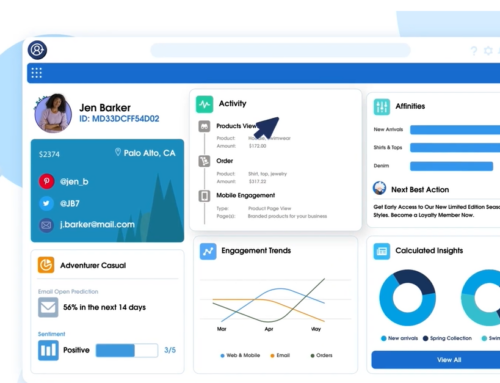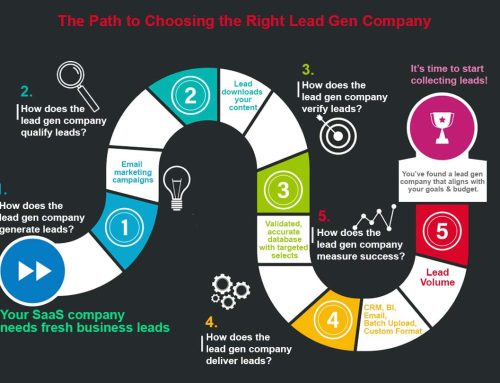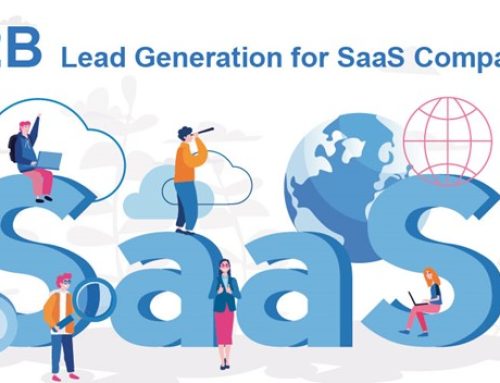The volume of data marketers now have to manage is huge, and it’s constantly growing. Add that rapid growth to the mercurial nature of social media, and it’s clear why marketers need an assist from big data in the form of automation. Social media is inherently data-driven, but data volume alone doesn’t do you much good; you need your data placed in context and distilled into usable formats.
Social media marketing doesn’t just benefit from big data; it’s dependent on it. Views, likes, and follows are strong social signals, and each thumbs-up is another data point to track. Here’s why savvy social marketers pay attention to the science behind the data.
Social on the Surface, Data-Driven at Heart
In the beginning, social media was just a way for friends and family to stay in contact, but it quickly developed another use for marketers. You can tell a lot about someone by the digital company they keep, and tracking connections was one of the first uses businesses found for social media. Today, companies use social media signals to gauge product interest, guide research and development, and deliver more of what customers most want.
Big Data Benefits for Social Media Marketing
Once you see data and social signals as an inseparable whole, you’re able to maximize the value of that data in your marketing strategy. These perks aren’t just for B2C businesses either, although they’re the most visible beneficiaries of data-driven social media marketing. For B2B organizations, social media signals tell compelling stories about their leads’ business needs. It’s a win-win: Businesses get useful data that translates directly into increased sales, and customers get vastly improved service and products that precisely fit their needs. Here are some other ways big data directly affects social media marketing for B2B businesses.
Improved understanding – To sell effectively to your customers, you need to know as much as possible about who they are. Big data technology excels at assembling a host of individual data points into a single comprehensible picture, and that includes data about leads. Social signals happen quickly and in real time, so they’re an outstanding way to keep that picture of your customer base current. You’ll learn about audience shifts as they happen and predict what your customers want when you have access to enough data in the right format.
Faster customer service – When your clientele can expect a long-term business relationship with you, customer service becomes vital. A B2B organization can’t afford to lose customers over spotty service, and collecting data from social media tells them volumes about their customers’ needs. Your prompt response to a single customer’s needs not only impress the client you’ve helped, but also to everyone following you and your customer, which sends the right message to a larger audience than you would have gotten from email or a phone call.
Predictive Power – Big data technology gives its users powerful predictive capabilities. In marketing, that’s absolutely essential to staying ahead of the competition. When you’re able to spot nascent trends and emerging markets, you’re able to anticipate your customers’ needs. Infusing social media with big data applications lets you see what’s going on right now instead of relying on past data for forecasts. By adding current data to past knowledge, you’re better able to understand the future.
Interpreting social media attribution – Understanding where your business comes from is vital to earning more of it. Marketing automation and the big data technology it employs reveals the thought processes leads undergo throughout their buying journey. With it, you can now correctly attribute buying decisions to specific content or campaigns, allowing your marketing team to produce more of what works.
© Reach Marketing LLC 2016 All Rights Reserved.







